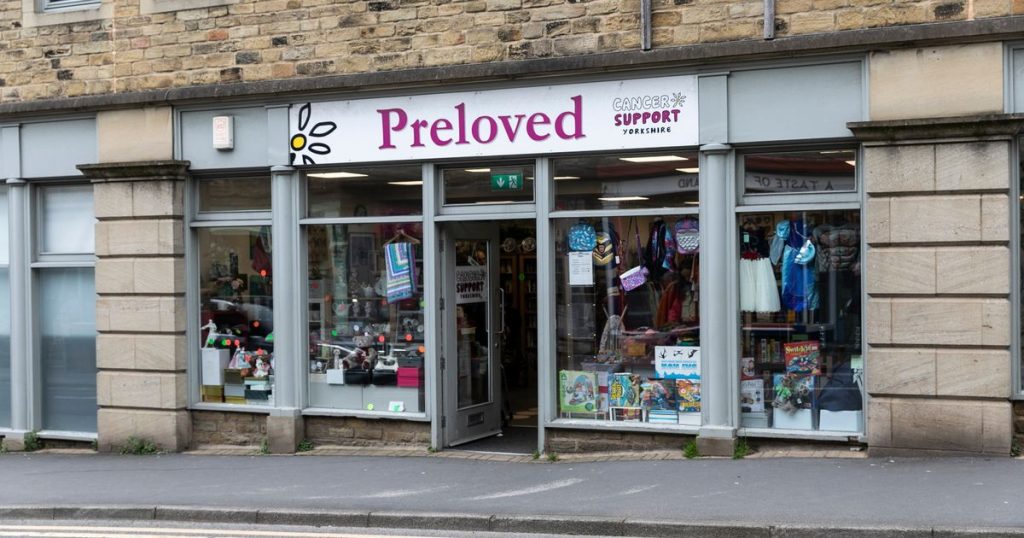A charity shop in Skipton, North Yorkshire, faced criticism for displaying a racist doll in its window. Golliwogs, characterized by racist features such as frizzy hair and big red lips, were once popular children’s toys. However, they are now widely considered to be offensive caricatures of black people. The doll in question was priced at £4.50 and remained for sale in the shop, despite being removed from the window due to public outrage. Locals expressed disgust at the display, with one resident even considering purchasing it to prevent its visibility.
The controversial racial history of Golliwogs dates back to the late 19th century, with the characters appearing in children’s books and later becoming popular toys. The term “Golliwog” has since evolved into a racial slur and is considered derogatory. The doll in the Preloved shop window in Skipton sparked outrage due to its racist imagery, leading to calls for it to be removed. Despite the removal of the doll from the display, it remained available for purchase inside the shop. Similar incidents involving Golliwogs have led to backlash and closures of establishments displaying such items.
Local residents, including a retired carer named Anne, expressed their shock and dismay at the presence of the racially offensive doll in the charity shop. Anne and others criticized the shop for not recognizing the doll’s racist connotations and choosing to continue selling it. The shop staff defended their decision to sell the doll, citing previous sales of “African” items and describing it as a “collectible” item. This response only fueled the controversy further and highlighted the need for sensitivity and awareness regarding racist imagery in public spaces.
The doll’s presence in the charity shop window reignited discussions around racial stereotypes and the harmful effects of perpetuating such imagery. Golliwogs, once popular toys, are now widely condemned as symbols of racism and discrimination. The incident in Skipton, North Yorkshire, served as a reminder of the need for education and understanding of the offensive nature of certain products. Public reactions to the display reflected a desire for inclusivity and cultural sensitivity in all aspects of society.
The controversy surrounding the doll in Skipton’s Preloved shop shed light on the ongoing issues of racial stereotypes and prejudice in society. The incident prompted calls for increased awareness and education around racist imagery and its harmful impact on marginalized communities. Efforts to address and dismantle stereotypes, such as those perpetuated by Golliwogs, are essential in creating a more inclusive and respectful society. The incident also highlighted the importance of holding individuals and institutions accountable for perpetuating offensive stereotypes and imagery.
In conclusion, the display of a racist doll in a charity shop in Skipton, North Yorkshire, sparked outrage and condemnation from locals and the broader community. The incident reignited discussions around racial stereotypes, the history of offensive imagery such as Golliwogs, and the need for greater cultural sensitivity. The shop’s response to the controversy highlighted the importance of educating individuals and businesses about the impact of racist imagery. Moving forward, efforts to address and combat racist stereotypes are crucial in promoting diversity, equality, and respect for all members of society.


